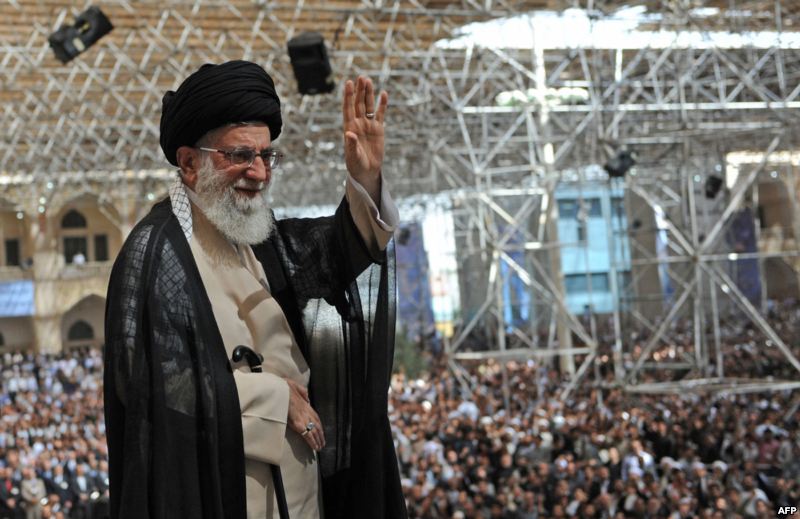CAIRO: A month after president Hosni Mubarak was forced to quit in the face of an unprecedented popular uprising, Egypt’s new rulers are grappling with the political and economic aftermath as tensions still run high on the streets.
On February 11, newly appointed Vice President Omar Suleiman somberly announced on state television that Mubarak had quit after nearly three decades of autocratic rule and had handed over powers to the military.
In less than a minute Egypt was turning a momentous page in its history — a mere 18 days after the revolt to unseat Mubarak was unleashed — with the Supreme Council of the Armed Forces assuming the delicate transition.
As joy exploded across Tahrir Square, where anti-Mubarak forces had camped in defiance of his regime, the 20-member junta pledged to steer the Arab world’s most populous nation into democracy and to restore civil rights.
But the euphoria in the square, the epicenter of the protests, was soon dampened by feelings of uncertainty.
Political instability, economic hardships and sectarian violence have rocked Egypt in the days that followed the ouster of Mubarak, despite efforts by the country’s new rulers to clean house.
Former cabinet ministers and prominent businessmen close to the ousted regime have been arrested and put on trial as protesters turned the heat on the authorities to purge the country of diehard Mubarak loyalists.
Ex-interior minister Habib El-Adly was the first to go and replaced by Mansour Essawy, who vowed that police would be back on the streets amid efforts to restore security.
The anti-government protests that erupted on January 25 saw violent clashes between Adly’s forces and demonstrators, and left at least 384 dead and more than 6,000 injured. Adly’s trial for money laundering opened March 5. Human rights groups put the number of fatalities at more than 600.
Two days earlier the army appointed a new prime minister, Essam Sharaf who had joined the protesters in Tahrir Square during the demonstrations calling for the ouster of Mubarak, political and economic reforms.
Sharaf first public act was to go to Tahrir Square on March 4 to pledge that he will work for a democratic system. Three days later his new cabinet was sworn in.
The military also announced that a referendum on constitutional changes will be held on March 19 ahead of plans to hold legislative and presidential elections — key demands by the protesters.
A month after Mubarak’s ouster, the economy, much of which rests on tourism revenues, remains fragile and is a key challenge facing Egypt’s new rulers.
Egypt’s stock exchange suspended trading on January 27 — two days after the protests erupted — after plunging 10 percent. It remains closed but is set to open before March 28 else risk being delisted from the MSCI.
The public and private sectors have seen industrial action, including strikes at flagship factories and bank closures, while the vital tourism sector also suffered during the protests.
Finance Minister Samir Radwan warned on Thursday that Egypt’s growth rate in 2010/11 was expected to fall to 3 percent from an initial forecast of 5.8 percent if protests continue.
"The budget deficit has begun to rise and now stands at 8.5 percent. If these unjustified demands and protests keep going, it is possible the deficit could hit 10 percent, and that’s worrying," he added.
Further straining the economy is the repatriation of tens of thousands of the 1.5 million Egyptians who had been working in Libya and have fled the violence there.
Not only are vital foreign currency remissions lost, but returnees swell the ranks of the unemployed, which are officially estimated at 10 percent of the workforce, and unofficially at 20 percent.
There have also been random acts of violence in Cairo — a city always considered safe — with isolated reports of carjackings and robberies that have fuelled uncontrollable rumors and fears among citizens.
And on Tuesday, longstanding tensions between Christians and Muslims erupted again. At least 13 people were killed in clashes in Cairo after days of demonstrations by Coptic Christians furious over the torching of a church.
On Wednesday, Tahrir Square was the scene of violent clashes between pro-democracy activists and groups of men armed with knives and machetes, believed to be Mubarak loyalists.
"There is a power struggle between partisans of the revolution and remnants of the Mubarak regime … But I have faith that we will overcome," said Khaled Khamissi, an author and pro-reform activist.

